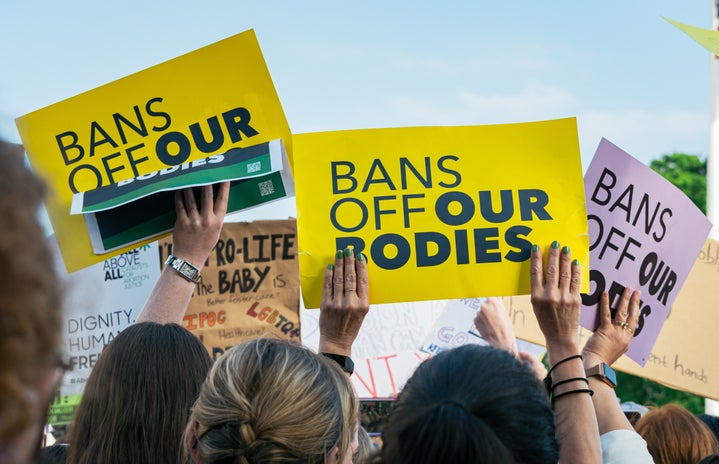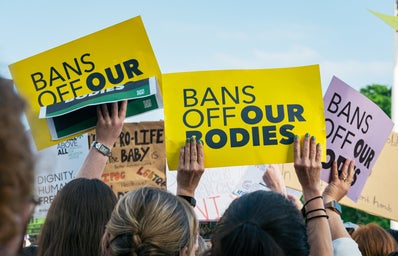A six-week ban on abortions is set to take place in Florida on May 1, 2024, greatly limiting women’s access to this procedure. Since the overturn of Roe v. Wade, Florida has been an important state for abortion and reproductive care in the southern United States. Clinics in Florida have treated thousands of women who were forced to travel from many nearby states, where the procedure had been fully restricted. Therefore, this law has the potential to impact a much larger population than it seems.
On April 1, 2024, the Florida Supreme Court upheld the constitutionality of a 15-week abortion ban in Florida. This decision has allowed for the six-week ban that Florida governor, Ron Desantis, signed into law in April of 2023 to take effect. However, voters will have the final say, as the state’s Supreme Court also proposed an amendment to Florida’s constitution, that would allow for the protection of abortion rights. This amendment will be on the ballot in the November 2024 election.
The Florida Supreme Court’s rulings will force Floridians to experience the 6-week ban for months before being given the opportunity to overturn it. Organizations, such as Planned Parenthood, have already released statements to alert clients of the enactment on May 1. Consequently, the issue of abortion rights has quickly become one of the most prominent election matters in the state of Florida.
Supporters of the 6-week abortion ban, such as Florida’s House Speaker, Paul Renner (R-FL), argue that it is a good compromise. They specify that the new law allows for exceptions in cases involving rape, incest, fetal abnormalities, and to save the mother’s life. Some pro-life groups, such as Protect Human Life Florida, even see the six-week ban as allowing for too much. This year, the organization rallied individuals to sign a petition to add an amendment to Florida’s constitution that would completely outlaw abortions at any stage of development. In the proposed ballot, the organization justified this law by claiming that it would provide fetuses with their “God-given right.” The petition did not receive enough signatures to qualify for ballot placement in the November 2024 election.
On the other hand, opponents of this six-week ban assert that many women are not even aware that they are pregnant within six weeks of conception. Not to mention, Florida’s law also requires women to schedule two separate appointments before the procedure can be carried out, which makes the window of time that much shorter. Furthermore, to receive care for incest or rape, the woman would have to provide documented proof including a police report, restraining order, or court case. Opponents of the law protest that women deserve the right to make their own healthcare decisions, without interference from politicians.
Prohibiting and limiting access to safe abortion care risks trampling on the human rights of women and girls, including the right to life, equality, non-discrimination, and freedom from cruel and degrading treatment. By taking away the woman’s choice in this matter, this law has the potential to put women’s lives in danger. Research has shown that less access to safe abortion procedures does not result in less abortions, instead, it means that more women will be forced to seek unsafe abortion care. Additionally, when forced to follow through with pregnancy, young women and girls’ ability to finish their education and/or participate in the workforce will also be negatively impacted. This could result in a myriad of life-long burdens on women and girls, including financial stress and negative societal stigmatizations.
The proposed amendment four, which overturns the 6-week ban, will be present on the election ballot in 2024. The proposed amendment would allow for safe access to abortion in Florida before viability and states that “no law shall prohibit, penalize, delay, or restrict abortion before viability or when necessary to protect the patient’s health, as determined by the patient’s healthcare provider.” In order to be added to Florida’s constitution, the amendment requires a 60% majority vote. For Floridians, this election is more than choosing a presidential candidate. This is a chance to secure women’s rights to abortion access in this state and serve as a beacon of hope for women in other states, who are currently suffering from similar restrictive laws.


